Projects
Obstetric Fistula Prevention, Treatment, Rehabilitation and Reintegration
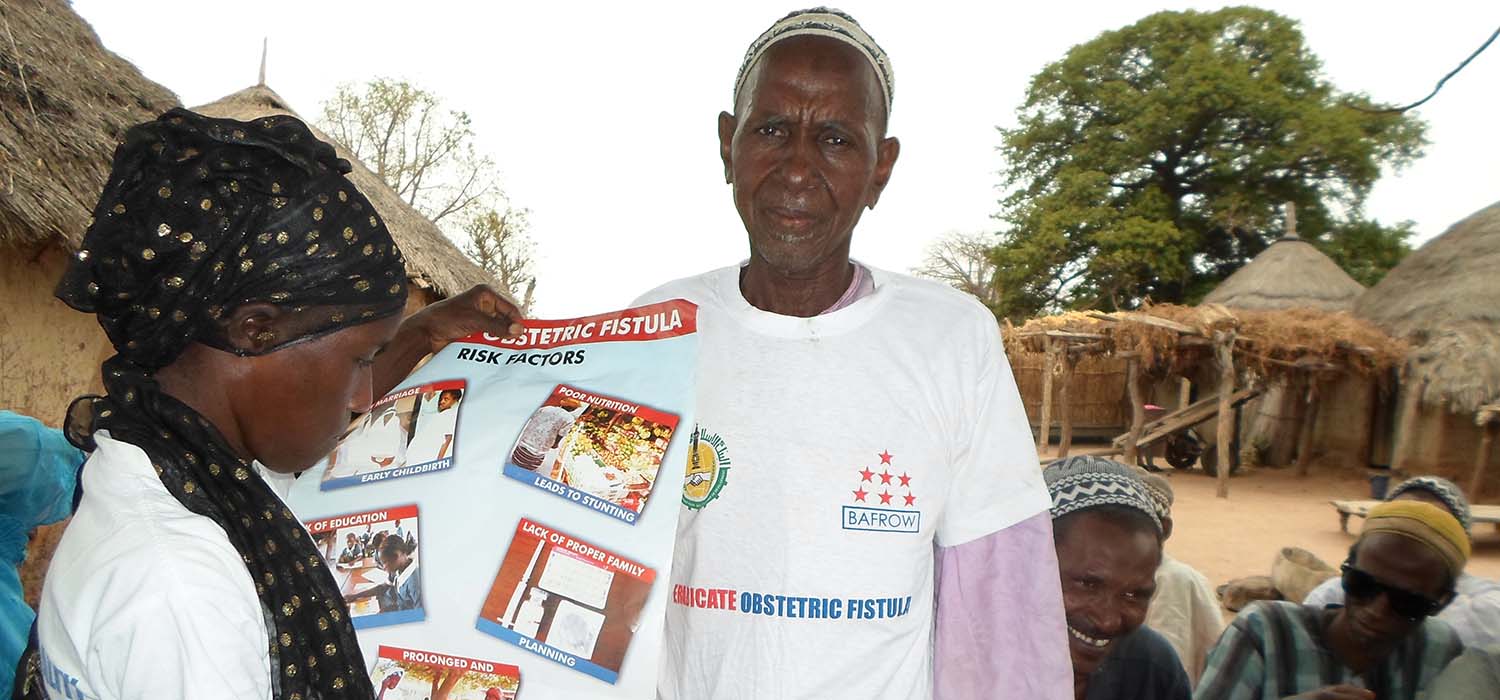
Overview
Our Fistula Prevention, Treatment, Rehabilitation and Reintegration Project seeks to reduce the prevalence of obstetric fistula in The Gambia while helping affected women reintegrate into and regain their dignity and respect within their communities through medical surgery and capacity building.
Obstetric fistula occurs when the pressure of a baby’s head in the birth canal causes loss of circulation to the delicate tissues of an area which eventually die and rot away leaving an unnatural hole between the reproductive and excretory organs and resulting in fecal and or urinary incontinence. Given the perpetual stench of urine and / or faeces emanating from affected women, they are often stigmatized and ostracized.
Studies have shown that situations such as lack of education, early marriage and pregnancy, home-delivery with unskilled attendants, late arrival at and difficult access to health facilities, and limited emergency obstetric care can contribute to obstetric fistulas.
Key Project components include:
Prevention
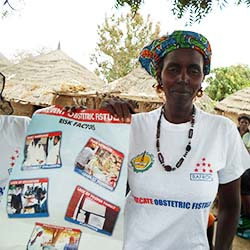
BAFROW concentrates on both the mass media and social mobilization activities to disseminate information for the prevention of obstetric fistula. Members of the BAFROW Obstetric Fistula Support Group and other community structures such as community health mobilizers and traditional communicators have been trained to carry out community based awareness creation on the issue.
Surgery
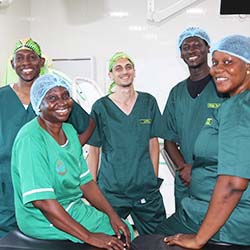
Our skilled surgeons use the latest in surgical instrument to repair the damages of affected women. Depending on the severity of the fistula, surgery can be either minimally invasive or open surgery.
Following the surgery, survivors are monitored closely to prevent infections and promote fast healing.
Rehabilitation
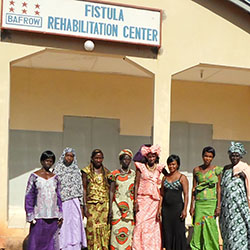
Our rehabilitation centre provides survivors necessary social and economic skills that would help them participate and contribute meaningfully within their communities upon their return. These skills include: functional literacy, counseling, sewing, baking, tie and dye, pottery, and short courses on business development and management.
Reintegration
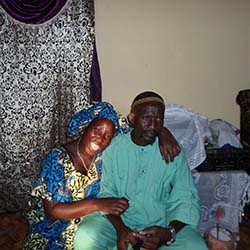
Once registered at our centre, all survivors are supported to develop a reintegration plan which we help them implement once they return to their communities.
We also continue to provide counselling if required and monitor their health, economic and social status until re-integration is completed.
